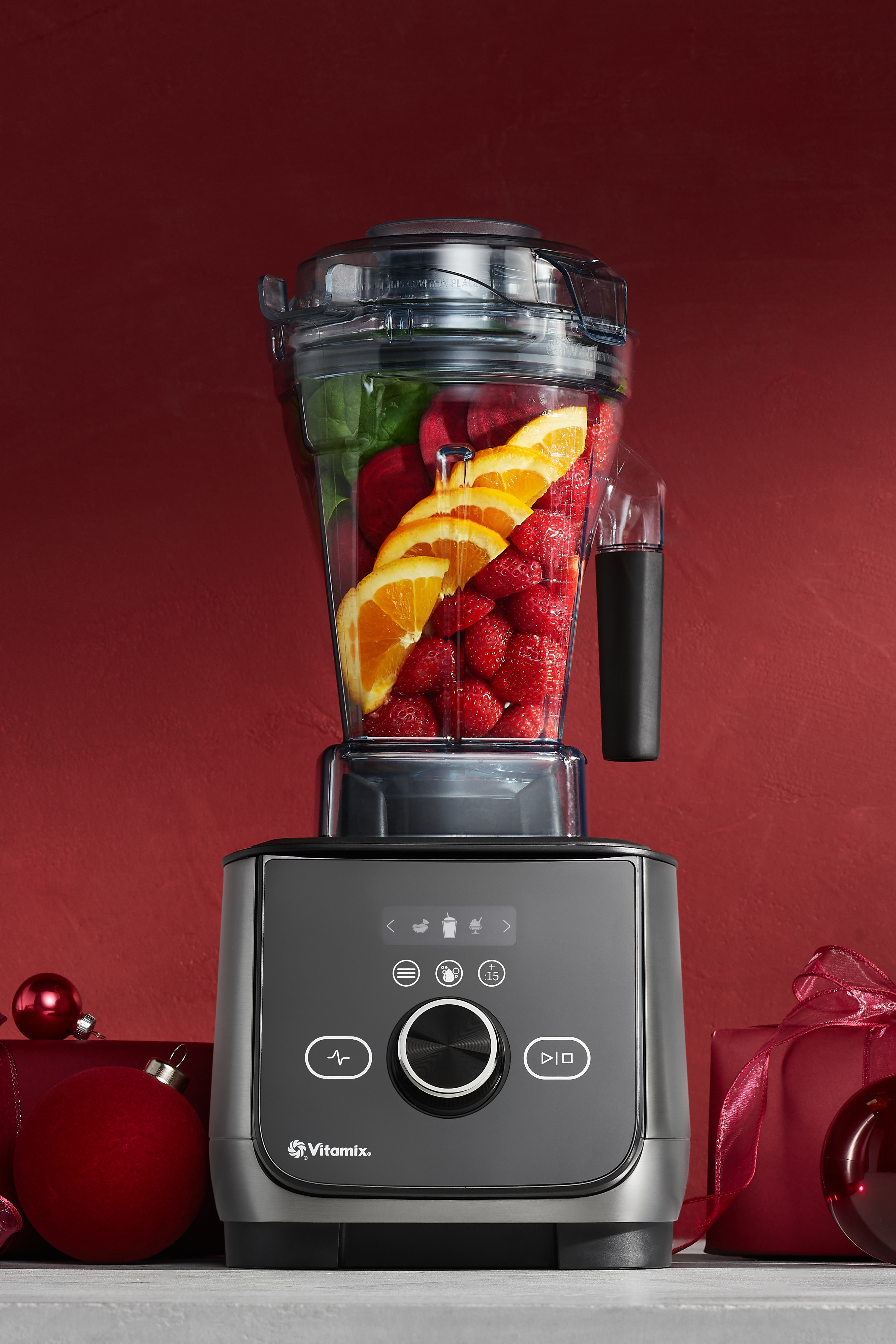Do you ever wonder why you have food cravings? Ice cream after dinner, burgers at lunchtime, chips in the afternoon—it's impossible to escape them! Is something happening in your body to create such strong urges or is it all in your head? And how can you satisfy these cravings with healthier alternatives? Let's investigate.
The Science Behind Cravings
Whenever you eat, a neurotransmitter called dopamine is released in your brain. Dopamine controls the reward and pleasure centers in your brain, and you may feel an increased perception of pleasure when they're released. Consuming salt, sugar, fat, or caffeine can instigate a larger release of dopamine in your brain than other foods do, revealing why you might crave foods that are high in these nutrients more than others.
For example, salt is a vital nutrient needed for proper electrical signaling throughout the body. You need around 1,500 milligrams daily to function properly, but that number is only a fraction of what the typical American consumes on a regular basis. In other words, your salt cravings are likely caused by your brain craving a dopamine release rather than your body actually needing it.
Supporting Culprits
Evolution and psychology also play important roles when it comes to understanding your food cravings. In terms of evolution, when humans were walking around the earth millions of years ago in search of food, nutrient density mattered. Foods high in sugar (or carbohydrates) and fat can pack a lot of calories into a small package, and therefore, they provided humans with vital energy that was needed to survive. These foods could be stored in the body for later on when supplies were low. Your body inherently holds this knowledge today, creating cravings for these foods.
Your environment, and how you perceive it, can also affect the cravings you experience. One study published in Appetite revealed that food imagery increased the intensity of cravings in a group of undergraduate students. Considering the amount of advertising people are subjected to daily, it makes sense that you may want pizza after seeing commercials for your local pizzeria multiple times a day.
Habits also play a large role in cravings. Dessert after dinner, coffee with breakfast, chips with your sandwich—these society- and industry-created norms affect what you crave without you even knowing. Luckily, with the right tips, you can get a handle on and take control of these cravings.
Tips on Managing Food Cravings
So what are some ways to deal with your food cravings in a healthy way? Studies have shown that exercise activates the same pleasure centers in the brain that sugar, salt, and fat do, which can work to combat your cravings. Try to fit some physical activity into your day-to-day routine, and when a craving sneaks up on you, you can even go for a walk to lessen the urge.
It's also important to make sure you're well-nourished throughout the day, and equipped with healthy snacks for when cravings arise. And, oftentimes, when you're having a craving or feeling hungry in the middle of the day, you're actually thirsty. Thirst is frequently misinterpreted by the brain as hunger, so drink some water and if you're still hungry 15 minutes later, have a healthy snack, such as cottage cheese, kale chips, lightly salted nuts, vegetables with hummus, chickpeas, or chips and salsa.
If foods that are high in fat are your kryptonite, try to consume foods that are high in healthy fats, such as avocado, fatty fish, nuts, seeds, nut butters, or a whole-milk smoothie with chia seeds and flaxseed. For sweet cravings at night, the healthy options are truly endless. Make a banana-based "ice cream" in your blender, or have a smoothie, fruit with nut butter or yogurt, frozen yogurt, dried fruit, dark chocolate squares, or granola.
Now that you know why you might crave certain foods, you can take a step back and fully assess your snacking habits. By understanding the scientific, evolutionary, and psychological reasons behind why you experience cravings, you can use mindfulness and moderation to help resist or satisfy your food cravings in a healthy way.



